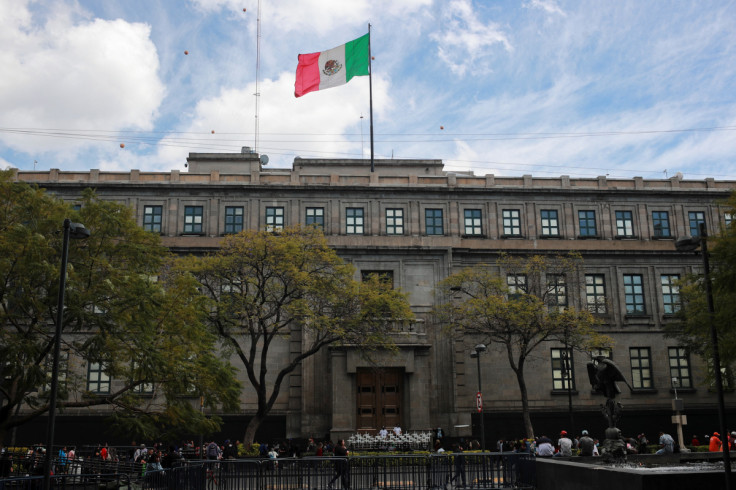
Mexico City, México - Yanet Morales Huízar, mayor of Apulco, leads the administration of a 5,000 resident town in Mexico's central Zacatecas state via telephone.
Facing threats from rival drug cartels vying for control of the territorially strategic state, Mayor Morales governs in exile from an undisclosed location in neighboring Jalísco. Her husband has been kidnapped and tortured, her house burned, and members of her security detail attacked.
In Zacatecas, like in many places throughout Mexico, a wave of political violence has erupted ahead of what will be the country's largest general elections in its history on June 2. In February, seven people were murdered there, including two public officials as well as the relatives of Governor David Monreal Avila and his brother, Senator Ricardo Monreal Avila.
Across Mexico, 36 people seeking political office have been killed since June 2023, according to an analysis from The New York Times. Research from electoral watchdog Laboratorio Electoral showed that the number of victims rises to 80 once associates and relatives of political candidates are taken into account.
Experts say the violence ahead of this year's elections is due to warring drug cartels vying for control over (mostly local) political offices, a practice that has increased in recent years. According to NGO Data Cívica and news outlet Animal Político, there were 836 attacks on elected officials, candidates and party activists between 2018 and 2023, and drug-related political violence affects 60% of Mexico's population -- over 75 million people.
With 20,367 public offices up for election -- including the presidency, eight governorships, 500 members of the lower house and 128 members of the Senate -- this year's elections will be consequential for all Mexicans, including the members of drug cartels.
"In order to survive, illegal power needs to be allied with legal power," Irma Mejía, a national security expert and journalist at El Universal, told The Latin Times. "Where there is only one criminal group, there is complicity with the authorities."
Mejía, who has studied the deteriorating security situation in her home state of Zacatecas for years, said that drug cartels have a bottom-up approach to political corruption, first focusing on public offices such as town mayors, local congressmen and city hall officials with fewer resources and financial backing.
"Any group -- and more so in this electoral process -- always goes for territorial control locally first. Otherwise you can't achieve regional power and much less national [control]," she said. According to the Animal Político/Data Cívica report, 77% of political violence episodes corresponds to municipal level positions.
Given the scope of this year's elections, political violence has reached nearly all corners of Mexico and practically all political parties.
The states of Guerrero, Guanajuato, Veracruz, Zacatecas, and Baja California, battlegrounds for organized crime groups like the Sinaloa and Jalisco New Generation cartels, have been hotbeds of political violence. Chiapas, on the southern border with Guatemala, saw 213 candidates drop out of local elections citing the brutality of warring cartels.
MORENA, the ruling party led by President Andrés Manuel López Obrador, has seen 10 of its candidates killed so far this election, the most of any political party. The opposition PRI party, which had ruled Mexico for 70 years before López Obrador took office in 2018, has had six candidates killed, while Movimiento Ciudadano lost three candidates to violence. The Green Party and Labor Party have each had one candidate murdered on the campaign trail.
Last week, members of the security cabinet met with election officials to discuss safety ahead of the elections. But in small towns like Apulco, Zacatecas, it's clear that organized crime aims to "impose who should be governing and who should control the police force and who should manage public resources and investment," Mejia said.
"What is happening is that whoever is gaining territory and power is getting into the other's territory, and no cartel is going to give in; we provide the dead, and they provide the bullets," she lamented.
© 2024 Latin Times. All rights reserved. Do not reproduce without permission.







